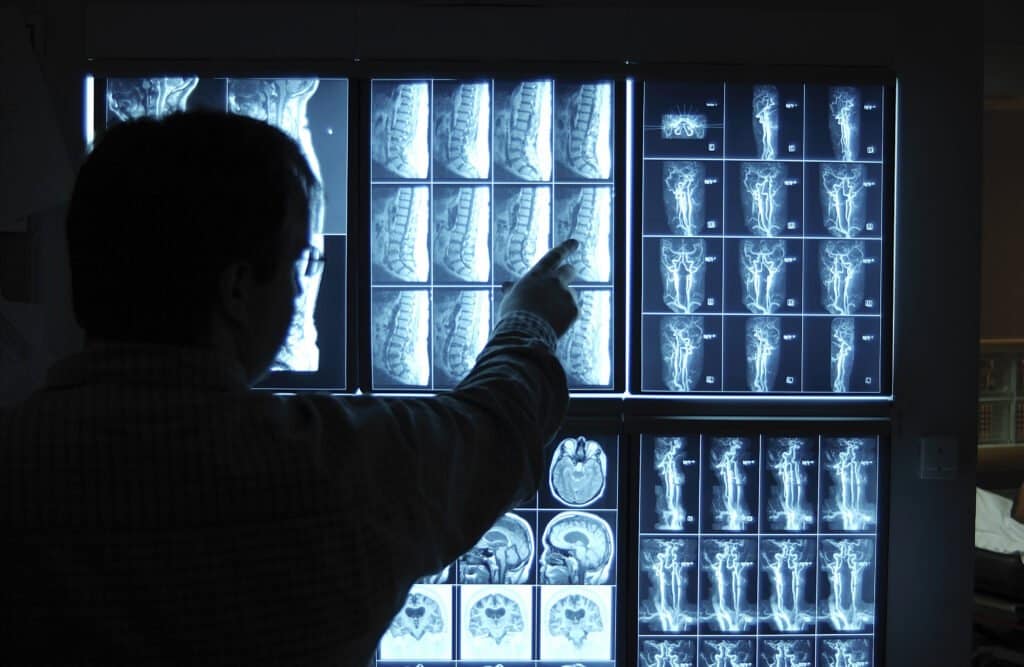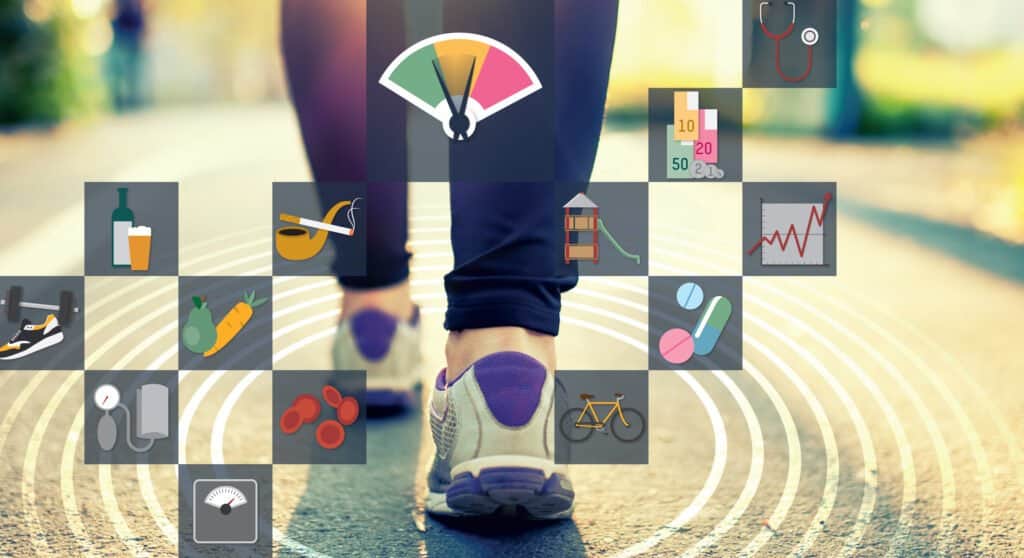Are you among the thousands of medical students around the world or are you about to pursue a degree in health care? You know the health professions will change in the coming years, right?
And tell me: are you ready for drones that deliver medical supplies, to a sea of sensors from which to draw data, to the 24-hour telemedicine revolution?
A world of new health professions
We are now hearing more and more about the role of artificial intelligence in the medical field. How, for example, algorithms can beat radiologists at detecting cancerous lesions in medical images.
This can feed the fear that such advanced technologies exclude doctors from their work. This is only partially true.
Indeed, things like artificial intelligence and robotics will replace (or reduce the human presence of) some existing healthcare professions.
But they will in turn create new health professions.
Consider how the automobile industry took over horse carriages in the early 20th century. The younger generations of carriage drivers did not lose their jobs: they adapted to the changes and switched to using automobiles in their activities.
This is why it would be more correct to say that those who do not adopt new health technologies will be replaced by those who do.
Healthcare professions will be many and diverse. Some entirely new ones might be for you.
Here are 6 health professions that are practical enough for you to take up when you finish school!
Deep Learning Expert: Algorithm Trainer

From managing repetitive administrative tasks to discovery of clinical associations invisible to the human eye, the prowess of AI across healthcare professions is far-reaching.
However, we need someone who "trains" the algorithms so that they work perfectly. Too often, artificial intelligences are based on medical datasets that are full of inherent biases, or that do not fully reflect real-world clinical environments. This is where the deep learning expert comes in: one who ensures the adequate training of the artificial intelligence, providing it with “clean” and “consistent” data.
Whether it is an autonomous emergency drone or a treatment protocol, we will need healthcare professions capable of guiding and supervising the development and implementation of effective and ethical algorithms.
Lifestyle strategist: to guide patients based on their health data

Secondo some analyzes, the number of connected wearables worldwide is expected to exceed one billion by 2022.
Thanks to the access to individual health data they provide, this trend will grow dramatically. Among the new healthcare professions, that of lifestyle strategist will guide them in reading the daily data collected by devices (from food scanners to meditation bands and ECG monitors).
Based on these individual metrics, the lifestyle strategist can create customized lifestyle, diet and training routines for their patients. Training in the emerging field of lifestyle medicine is already helping clinicians take on this role and redesign primary care.
Telesurgeon: perform surgery from a distance

Within the 2025 analysts predict that the global medical robot market will reach $12,7 billion, up from $5,9 billion in 2020. Add in the fact that 5G in healthcare is just around the corner, and you understand how it will grow across professions healthcare the demand for specialists experienced in surgical robots.
With the assistance of robots, surgeons will not only be able to perform more complex procedures, but also perform them remotely.
And to fine-tune and improve their skills, surgeons they will be able to use technologies such as augmented or virtual reality. Some studies show that VR trained surgeons have experienced an increase in their overall performance compared to their traditionally trained counterparts.
Bioprinting expert: designing synthetic organs

We are currently limited to tissue bioprinting, but full-blown synthetic organs I'm a stone's throw away. Some experts even believe that we will have a heart bioprinted in an animal within 12 years. Such bioprinted organs will save the lives of thousands of organ transplant candidates; and with bioprinting techniques, these organs can be custom designed for individual patients.
For this reason, among the healthcare professions of the future, expert bioprinting technicians will be needed to adapt the bioprinting material and structures to the needs of each patient.
VR therapist: treating patients with “new realities”

With a "simple" dedicated viewer, virtual reality immerses the user in a different world.
The potential of this technology in the healthcare sector includes not only medical education but also therapeutic pathways. Many studies already point to VR as a beneficial, drug-free alternativei, whether it is to reduce post-operative pain, make childbirth less painful or cure phobias.
As VR therapies will increasingly be adopted in traditional practice, they will need to be professionally designed and targeted for each patient. For this, virtual reality therapist will be crucial among the healthcare professions.
It will require a background in psychiatry and experience with VR technology to design appropriate treatments.
Health data analyst: to make sense of big data

With the amount of digital data doubling every two years and digital health tools contributing their share to this volume, we will need to make sense of all this big data in the healthcare sector.
This will be the focus of healthcare data analysts. They will have to constantly analyze and interpret this load of data for local authorities, private entities or healthcare companies.
I believe that it is one of the health professions of the near future that will be able to hire more people, because they will also be useful in daily medical practice.
Analysts will be able to help streamline and manage the data patients bring from their personal sensors and online test kits. Therefore, their job in discriminating and controlling this information will allow doctors to focus on their patients' relevant data points.
I hope you have found inspiration in this small list. Who knows, it might even have helped someone envision their future career path.


